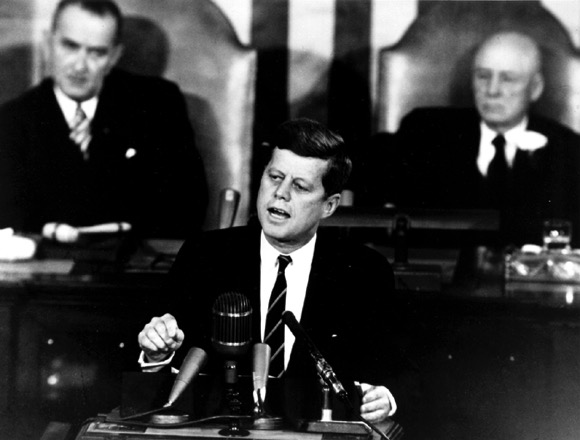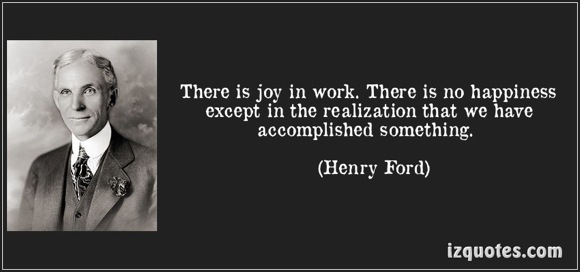David Bradford: Tips for Networking Success
This afternoon, after reading David Bradford’s insightful post, “8 Things Every Business Person Should Learn From Pokemon Go,†I downloaded David’s “101 Tips for Personal, Powerful and Permanent Business Connections†from a link on that blog page.
This is a great guide that goes beyond a traditional primer on networking and makes specific recommendations for building meaningful, long-lasting business relationships.
Four tips that jumped out at me:Â
23) Remember that there is a Law of Reciprocity in the Universe. Give as much or more than you receive; otherwise, your network will dry up.
39) Always ask the Question – “What can I do for you?â€
99) The Single greatest factor that gets and retains attention is a deep personal relationship.
100) Nothing will define you more than the people who impact your life at pivotal junctures. So surround yourself with great people both in the physical world as well as in the virtual world.
I am deeply grateful for the wonderful people who have impacted my life at pivotal junctures. David, you positively influenced my life today. Â I look forward to implementing your tips into my life.








 Did you ever wonder where the term “square peg in a round hole” came from? According to
Did you ever wonder where the term “square peg in a round hole” came from? According to 